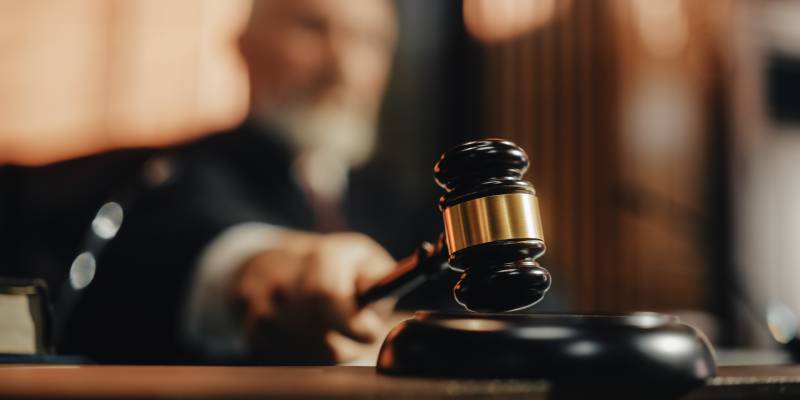The Online Safety Act 2023 created a new offence known as Cyberflashing. On the 31st of January 2024, it became law in England and Wales.
What Is Cyberflashing & What Are The Consequences?
Cyberflashing, categorised as a communications offence, is the act of intentionally sending someone an unsolicited sexual image from a device to another person’s device without their consent. This can occur via Social Media, Bluetooth, Airdrop, or any other electronic means.
The offender must intend for the other person to see their genitals and be caused alarm, distress, or humiliation. Alternatively, you can be guilty of this offence if you send the photograph or video with the intention of obtaining sexual gratification and are reckless as to whether the recipient will be caused alarm, distress, or humiliation.
Professor Jessica Ringrose conducted research from 2020 and discovered that 76 per cent of females aged between 12-18 had been sent unsolicited nude images of boys or men.
The government has stated:
“Protecting women and girls is our top priority, which is why we are keeping sexual and violent offenders behind bars for longer, giving domestic abuse victims more time to report assaults and boosting funding for support services to £185m per year.
Making Cyberflashing a specific crime is the latest step, sending a clear message to perpetrators that they will face jail time.”

The First Conviction Under The New Cyberflashing Legislation
On the 12th of February 2024, Nicolas Hawkes was the first person in England and Wales to be convicted of this crime, having pleaded guilty at Southend Magistrates Court to two counts of Cyberflashing.
Hawkes had sent unsolicited sexual images to an underage girl and an adult woman. The woman took screenshots of the images and reported this to Essex police on the same day.
On the 19th of March 2024 Mr Hawkes was sentenced at Southend Crown Court to a total of 66 weeks in prison. He received 52 weeks for the Cyberflashing offences and an additional 14 weeks having breached a previous court order in which a suspended sentence was activated.
Hawkes was also made subject to a Restraining Order for 10 years and a Sexual Harm Prevention Order for 15 years.
Following on from the sentence, Deputy Chief Crown Prosecutor for the Crown Prosecution Service East of England Hannah von Dadelzen, responded by saying:
“Cyberflashing is a serious crime that leaves a lasting impact on victims, but all too often, it can be dismissed as thoughtless ‘banter’ or a harmless joke.
Just as those who commit indecent exposure in the physical world can expect to face the consequences, so too should offenders who commit their crimes online. Hiding behind a screen does not hide you from the law.
Using the new legislation, our prosecutors worked to deliver swift justice, securing a guilty plea just four days after Nicholas Hawkes had sent disgusting photos to his victims.
The Crown Prosecution Service has delivered the first conviction for cyber-flashing, but it will not be the last, and I urge anyone who has been a victim of this shocking crime, whether via instant messages, dating apps, or by any other means, to come forward, knowing you have the right to lifelong anonymity.”
Victims of Cyberflashing and image-based abuse receive lifelong anonymity under the Sexual Offences Act from the point they report the offence.
Cyberflashing is an ‘either way’ offence, meaning that it can be heard in either the Magistrates or Crown Courts. A person is liable upon conviction to a term of imprisonment not exceeding 2 years.
A conviction does not automatically result in a person being placed on the sex offenders register, but any term in prison or a community order of at least 12 months will lead to being made subject to notification requirements.

Are You Being Investigated? Contact Us Now
If you are being investigated for a sexual-related offence, we have a team of specialist lawyers who are happy to assist. Please do not hesitate to contact us on our 24-hour line of 0800 233 5822 for private and confidential legal support.

